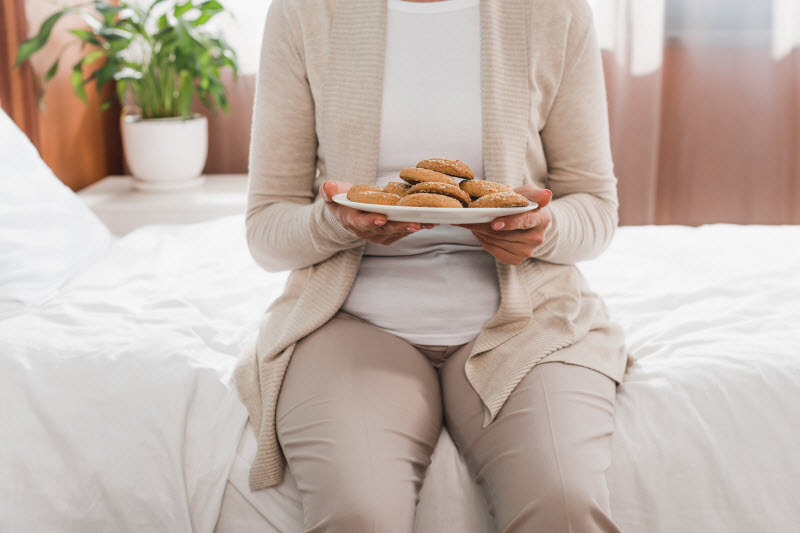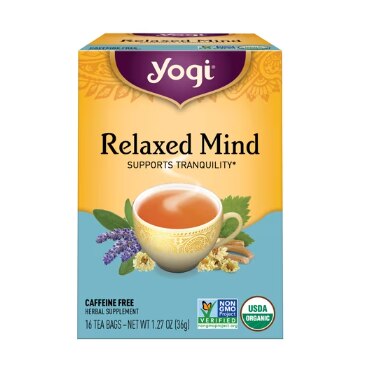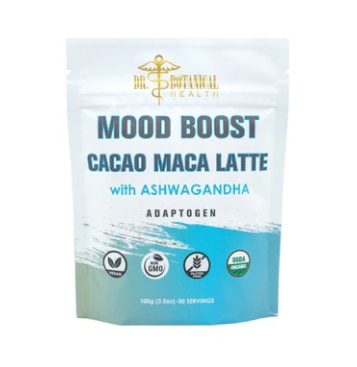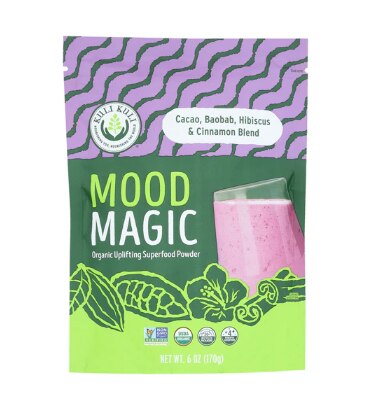Experts have long warned that eating ultraprocessed foods is bad for your health. Now, new research indicates that women who consume cookies, fast foods, soft drinks and other highly processed fare may be at increased risk for depression.
A study recently published in JAMA Network Open found that among nearly 32,000 middle-aged female nurses, those who ate more than nine servings of ultraprocessed foods daily had a 50% higher risk of depression than those who consumed four servings or less.
The researchers noted that none of the women had depression at the outset of the study. That fact helped reduce the likelihood that women who already are depressed simply choose ultraprocessed foods more often than women who are not depressed.
The new findings are just the latest research to link a diet rich in ultraprocessed foods with unhealthy outcomes. And the news arrives right before millions of women will face a greater temptation to consume ultraprocessed foods during the holidays.
What are ultraprocessed foods?
Ultraprocessed foods typically have many added ingredients that push them far beyond food in its natural state. Highly processed foods are made mostly of substances that are extracted from other foods, including added sugars, fats and hydrogenated fats, and starches.
Foods that are ultraprocessed are often high in sodium, as well as artificial colors and flavors or stabilizers.
Examples of ultraprocessed foods include:
- Cakes
- Cold cuts and hot dogs
- Fast food
- Frozen meals
- Packaged cookies
- Snacks high in sodium
Sometimes, ultraprocessed foods are simply versions of foods that normally are healthful, but that have been tweaked into a less healthful state.
For example, an apple is a healthful natural food. But ultraprocessed applesauce might contain ascorbic acid to prevent browning and high-fructose corn syrup to sweeten it.
In the study linking ultraprocessed foods and depression, the researchers noted that consuming foods with artificial sweeteners and drinking artificially sweetened beverages appears to be especially likely to trigger depression.
Jessi Holden — a Michigan-based registered dietitian nutritionist, culinary dietitian and owner of The Kitchen Invitation — says examining packaging closely is one way to identify such foods.
“Foods most likely to contain artificial sweeteners would be foods labeled as sugar-free or sometimes ‘no sugar added,’” says Holden, who was not involved in the study.
Such foods might include canned fruit or cups of fruit, diet soda, sugar-free candy, sugar-free desserts, and low-sugar beverages, she says.
How are ultraprocessed foods bad for your health?
Millions of us love ultraprocessed foods and find them hard to resist. But the American Medical Association says eating ultraprocessed foods on a regular basis raises your risk of several health problems, including:
- Cardiovascular disease
- Some types of cancer
- Obesity
- Type 2 diabetes
While the precise link between consuming ultraprocessed foods and depression remains unclear, the researchers note that some data suggests artificial sweeteners “elicit purinergic transmission in the brain” that may lead to depression.
In an interview with USA Today, one of the study’s co-authors — Dr. Andrew Chan, professor in the Department of Immunology and Infectious Diseases at the Harvard T. H. Chan School of Public Health — also mentioned that eating ultraprocessed foods has been linked with chronic inflammation in the body.
In turn, inflammation has been associated with a higher risk of depression.
The researchers say it is unclear whether the findings of the study — which focused on women — also apply to men.
Should you eliminate ultraprocessed foods from your diet?
In an interview with Forbes, Chan said the study results indicate that many people – especially those diagnosed with depression or other mental health issues — “may wish to limit their intake of ultraprocessed foods wherever possible.”
However, Holden advises people not to panic over the findings.
“I don’t recommend people stress over the term ‘ultraprocessed,'” she says. “All food is processed in some way shape or form.”
Instead, focus on nourishing yourself through a variety of foods without restricting yourself, she adds.
“This is not always an easy thing to do, or to find out how to nourish yourself in the way that works best for you,” she says. “I recommend working with a dietitian.”
She also strongly urges those who are considering making dietary changes to “not get your health advice from wellness influencers with no credentials.”
Tips for reducing your intake of ultraprocessed foods
There are many ultraprocessed foods that can be swapped for natural and more healthful options.
For example, the Harvard T. H. Chan School of Public Health cites the following examples of ultraprocessed foods, followed by their natural alternatives:
- Sweetened applesauce/whole apple
- Instant flavored oatmeal/whole oat groats
- Peanut butter with added sugar/Peanuts in the shell
- Breaded fish sticks/fresh fish
If you want to reduce your intake of ultraprocessed foods, Holden recommends moving slow. She says that in her practice, she often works with women who have to “rebuild their relationship” with the foods they eat.
“We often start by making sure we’re consuming enough energy,” she says. “Then, we can transition to gentle nutrition, where we learn to make food choices that prioritize both physical and emotional well-being.”
If you decide to swap out foods in your diet, Holden says it is important to do so for the right reasons.
“Do it because you want to get curious about how you feel physically and emotionally,” she says. “Don’t restrict yourself by saying, ‘I shouldn’t eat this.’”
Holden recommends exploring both the foods you already have in your home, and foods you like and are willing to try. Then, start planning from there.
She describes meal planning as a “trial” experience. “The more you try, the more variety and delicious food you can bring into your home,” Holden says.




